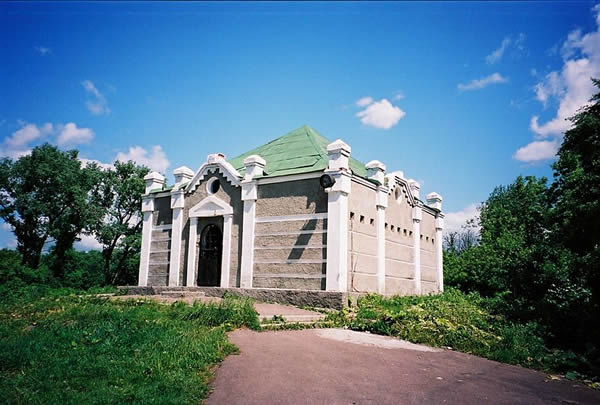RABBI
LEVI YTZHAK
"The Berdichever
Rabbi"
(1740-1810)
(Courtesy
Rabbi Asman)

Rabbi Levi Yitzchak had been a child prodigy, acclaimed in his early years as
an illuy (genius). At the suggestion of his mentor, Rabbi Shmuel Shmelke of
Nikolsburg, Levi Yitzchak traveled to Mezritch where he studied Chasidut under
the Maggid of Mezritch for many years. He served as rabbi in the cities of Britchval,
Zelichov, and Pinsk; and for the last 25 years of his life he was the Rabbi
of Berdichev, which under his inspired leadership grew into a flourishing center
of Chassidut.
The Berditchever is one of the legendary figures of Chassidut, revered for his enthusiastic dedication to Torah and Mitzvot, but above all for his consuming love of God and his people. He became known as the defender of the people of Israel. He would argue with God, charging Him with being too stern a father to His children, pleading for an end to the long and cruel exile.
His work Kedushat Levi is a classic collection of chassidic thoughts arranged according to the weekly Torah portions; it includes a commentary on Avot, and an appendix containing a number of anecdotes that reflect his saintly life and his role as attorney for the defense of the Jewish people.
Rabbi Levi
Yitzchak is one of the most popular and beloved figures in Jewish history. Born
into a prominent rabbinical family, he studied with the famed author of the
"Pri Megadim," was himself a great scholar and served as rabbi of
a number of Polish communities.
However, after meeting Rabbis Shmelke Nikolsburg and Dov Baer of Mezhirech,
he was won over to Chassidism and eventually became one of the most influential
leaders of Chassidism in Central Poland and the Ukraine. He is particularly
famous for defending the Jewish people before G-d and always interpreting their
actions in the best possible light.
His fervor in prayer and the fulfillment of Mitzvot are legendary. His song
before Havdalah, "Dudele", expressing man's yearning and awareness
of G-d's presence, is still sung with tenderness and great feeling.
- See also the following link: http://rabbielimallon.wordpress.com/2014/08/16/a-dudele-by-rabbi-levi-yitzhak-of-berditchev/
Rabbi Levi
Yitzchak's work, "Kedushas Levi," was published in his lifetime and
is ever popular,representing an
essential element in any Chassidic library.
R' Levi Yitzhak
of Berdichev was one of the main disciples of the Maggid of Mezeritch who was
the successor to the Baal Shem Tov. He was the famous Melitz Yosher, a passionate
believer in the inherent goodness of human beings. He always found a way to
give another Jew the benefit of the doubt. His method of prayer can be described
only as ecstasy.
Levi Yitzkhak from Berdichev was, indeed, one of the most prominent tzaddiks
of the end of the 18-th century and a leader of the Volyn's Hassids of that
period. He saw the service to the Almighty not just in praying, but in the everyday
actions as well as Baal Shem Tov, his spiritual leader did.
According to this doctrine the purport of the faith is in a permanent communication
with G-d. This communication is possible only when a person is happy and cheerful.
Levi Yitzkhak himself was talking to G-d just in this way. He was applying to
the Almighty with his requests and even with claims not praying for himself
personally, but for all the Jewish people.
Lots of people were calling him "a defender of Israel" and saying:
"When we remember about the Berdichev's Rabbi, the strictness of the Heaven's
justice softens." There is the pray, in which the Rabbi challenges G-d
directly:
"I, Levi Yitzkhak, the son of Sarah from Berdichev, has come to have a
trial with You on behalf of the Israel, Your people. What do You want from the
Israel, from Your people?"
Women in some congregations still say the pray before Shabbat, which had been
created by Rabbi Levy Yitzkhak: "May the Lord give a power to the everyone
exhausted..."
Rabbi Levy Yitzkhak from Berdichev died in 1810 and despite there was no the
epitaphy on his grave, everyone knew who had been burried in there. A pilgrimage
to the grave of the tzaddik is going on even nowadays.